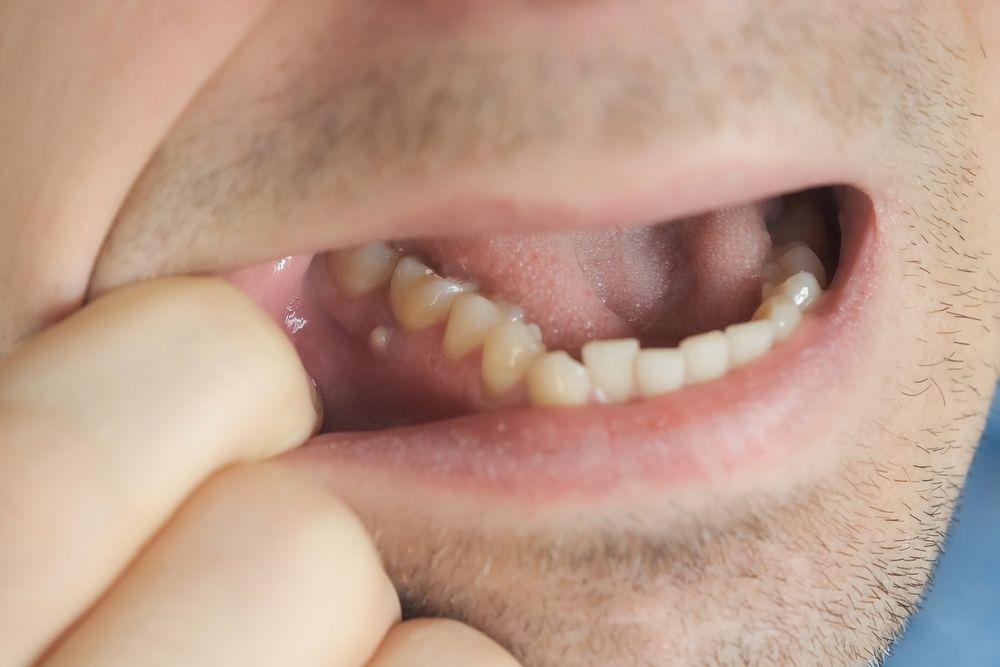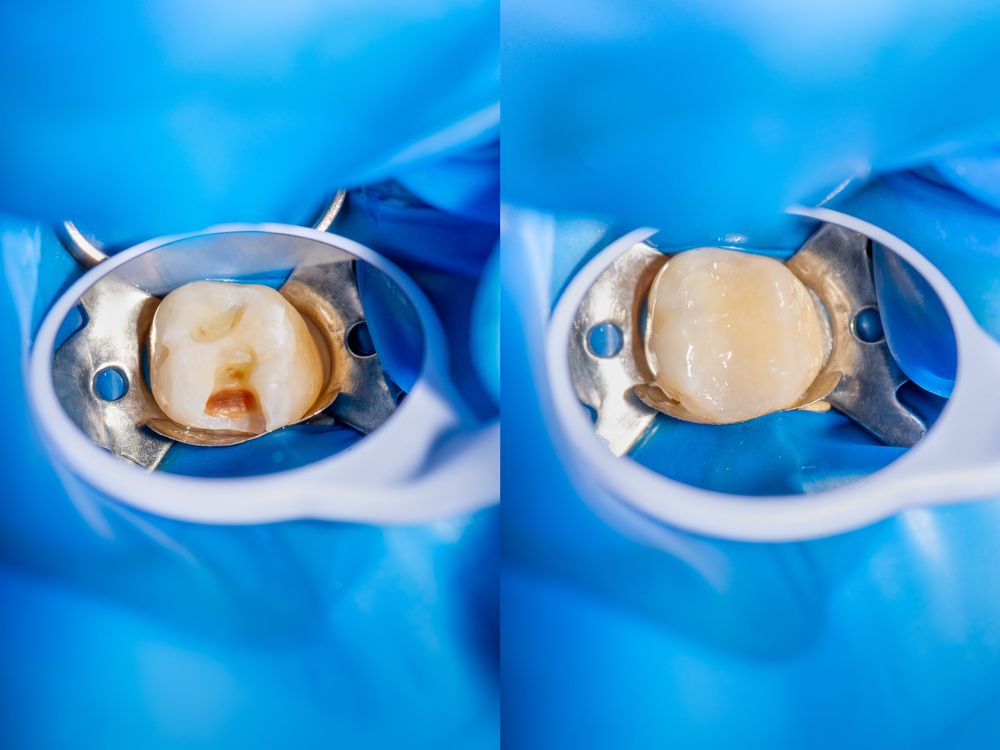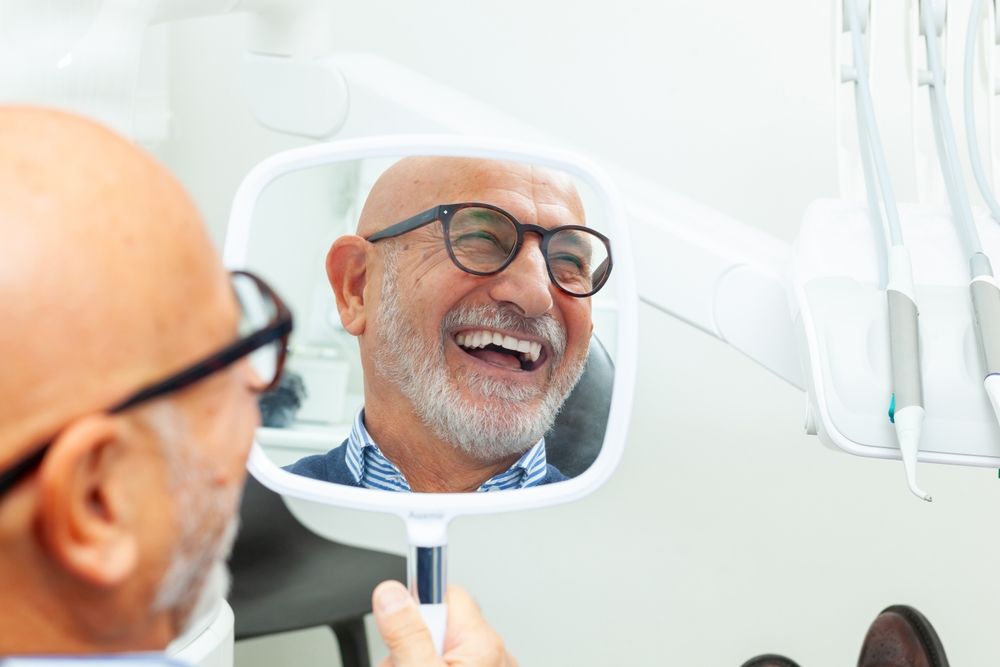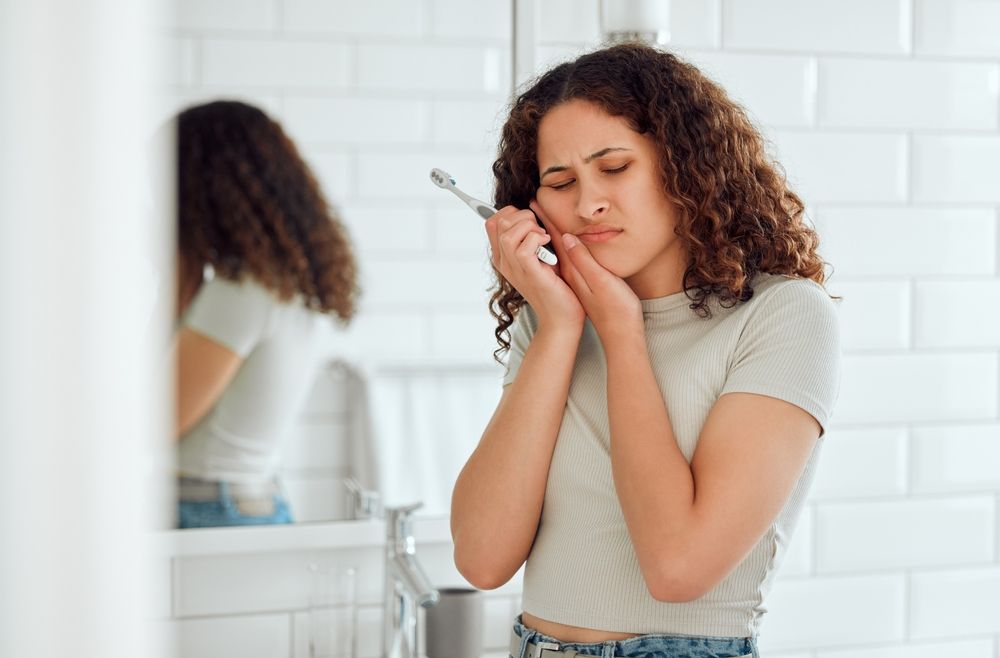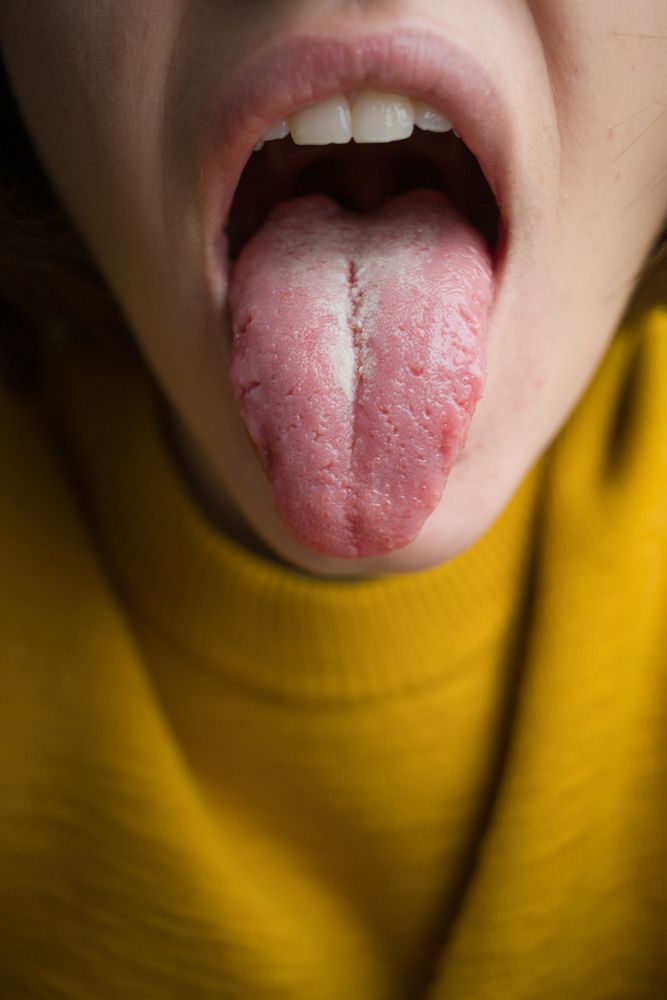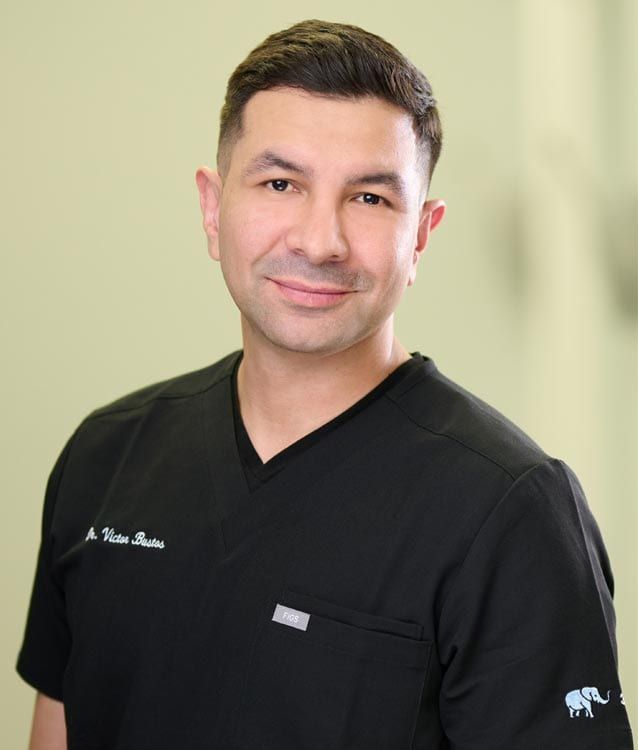Sleep apnea, a sleep disorder characterized by intermittent breathing pauses during sleep, is often associated with a range of health complications. Beyond its effects on sleep quality and cardiovascular health, sleep apnea can also have a significant impact on oral health. While the connection between sleep apnea and oral health might not be immediately evident, research has highlighted the intricate relationship between the two. In this blog, we delve into the lesser-known aspect of sleep apnea and discuss its profound effects on oral health.
The Basics of Sleep Apnea
Before we delve into the oral health implications, let’s briefly understand the different types of sleep apnea. There are three primary types:
- Obstructive Sleep Apnea (OSA): This is the most common form of sleep apnea, characterized by the relaxation of throat muscles, causing the airway to become blocked during sleep.
- Central Sleep Apnea: In this type, the brain fails to send proper signals to the muscles that control breathing, leading to interrupted airflow.
- Complex/Mixed Sleep Apnea: This is a combination of both obstructive and central sleep apnea.
The Oral Health Connection
While sleep apnea primarily affects breathing and sleep patterns, its impact extends to oral health in several ways:
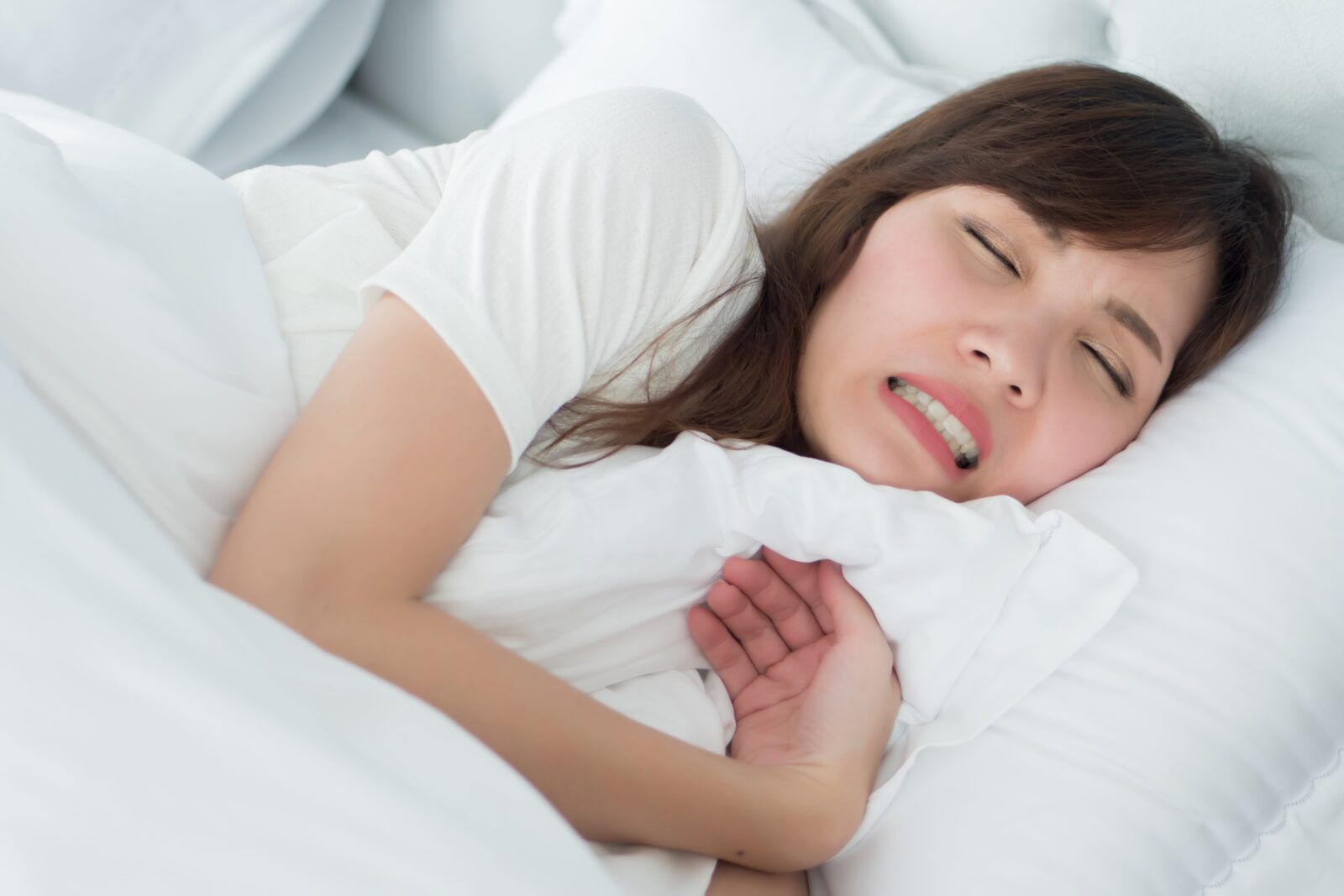
Bruxism:
Sleep apnea can contribute to bruxism, or teeth grinding. As the body struggles to maintain a steady flow of oxygen during sleep apnea episodes, the brain may trigger grinding or clenching of teeth as a response. This can lead to tooth wear, chipping, and even TMJ (temporomandibular joint) disorders.
Dry Mouth:
Chronic snoring and mouth breathing, common symptoms of sleep apnea, can result in dry mouth. Saliva plays a crucial role in maintaining oral health by neutralizing acids and preventing the growth of harmful bacteria. Reduced saliva production increases the risk of cavities, gum disease, and bad breath.
Gum Disease:
Research suggests a potential link between sleep apnea and gum disease. The inflammation caused by sleep apnea-related oxygen fluctuations may exacerbate gum tissue inflammation, contributing to the development of periodontal disease.
Oral Candidiasis:
The combination of reduced saliva flow and a compromised immune system due to sleep disturbances can create an environment conducive to fungal infections like oral candidiasis (thrush).
Dental Structure Changes:
Sleep apnea can lead to changes in the structure of the mouth and throat. Enlarged tonsils, a common contributor to sleep apnea, can impact the positioning of the tongue and affect the alignment of teeth.
Protecting Your Oral Health
Managing sleep apnea is crucial not only for overall health but also for maintaining good oral health. Here are some steps to consider:
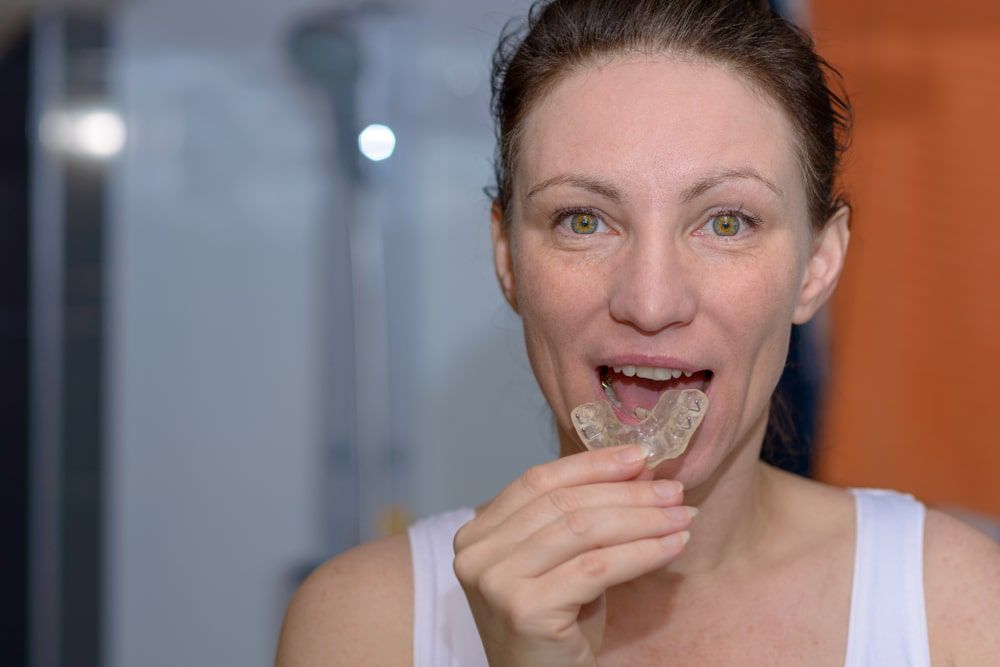
- Consult a Specialist: If you suspect sleep apnea, consult a sleep specialist. Diagnosis often involves sleep studies that monitor breathing patterns during sleep.
- CPAP Therapy: Continuous Positive Airway Pressure (CPAP) machines are a common treatment for sleep apnea. By maintaining open airways, CPAP therapy can help reduce teeth grinding and dry mouth.
- Oral Appliances: Dentists can create custom oral appliances that help reposition the jaw and tongue to keep the airway open. These devices can be particularly effective for mild to moderate cases of sleep apnea.
- Lifestyle Changes: Weight management, avoiding alcohol and sedatives, and sleeping on your side can also help alleviate sleep apnea symptoms.
- Regular Dental Care: Consistent oral hygiene practices and regular dental check-ups are crucial. Dentists can monitor your oral health and address issues like gum disease and tooth wear.
In Conclusion
Sleep apnea’s impact on oral health is a reminder that our body’s systems are intricately connected. Addressing sleep apnea not only improves sleep quality and overall health but can also safeguard your oral well-being. By understanding the complex interplay between sleep apnea and oral health, you can take proactive steps to mitigate its potential effects and enjoy a healthier life, both during the day and the night.

